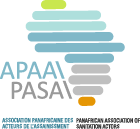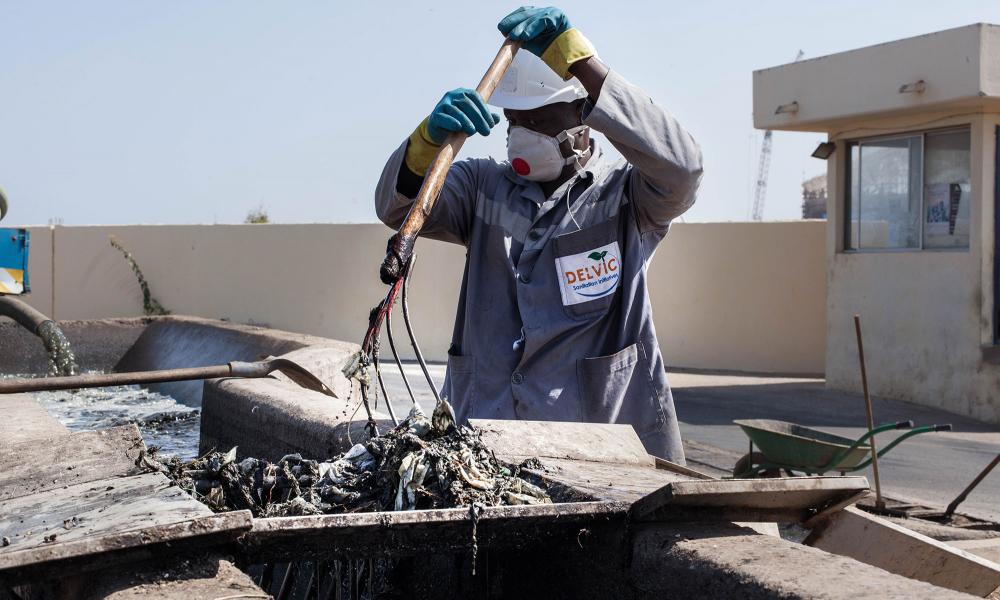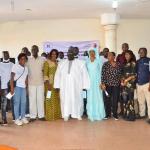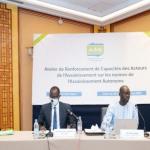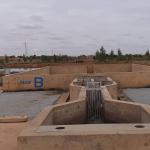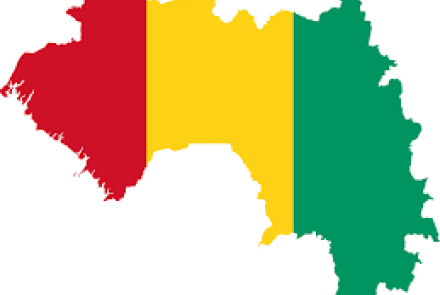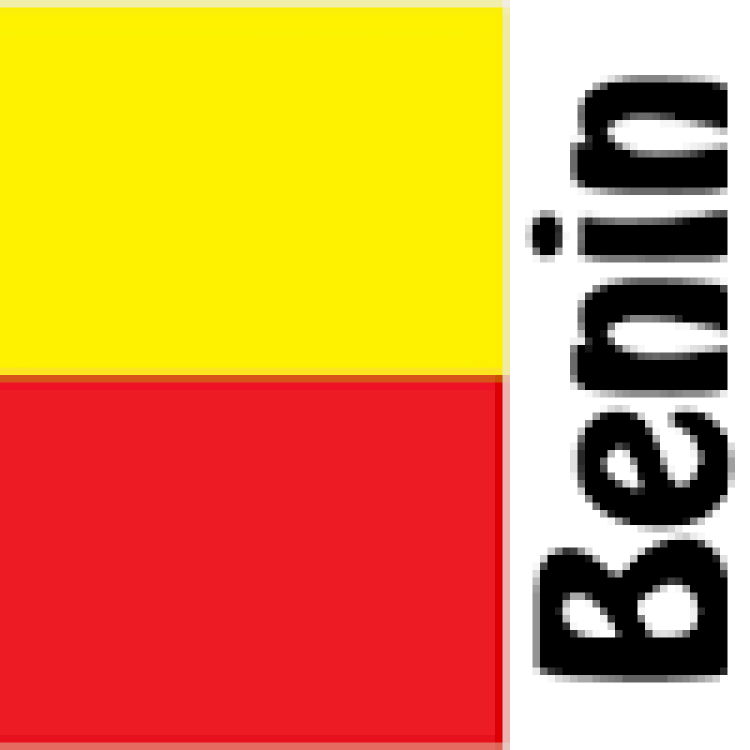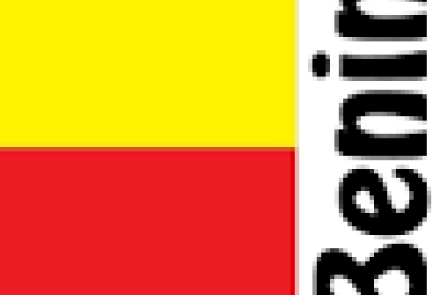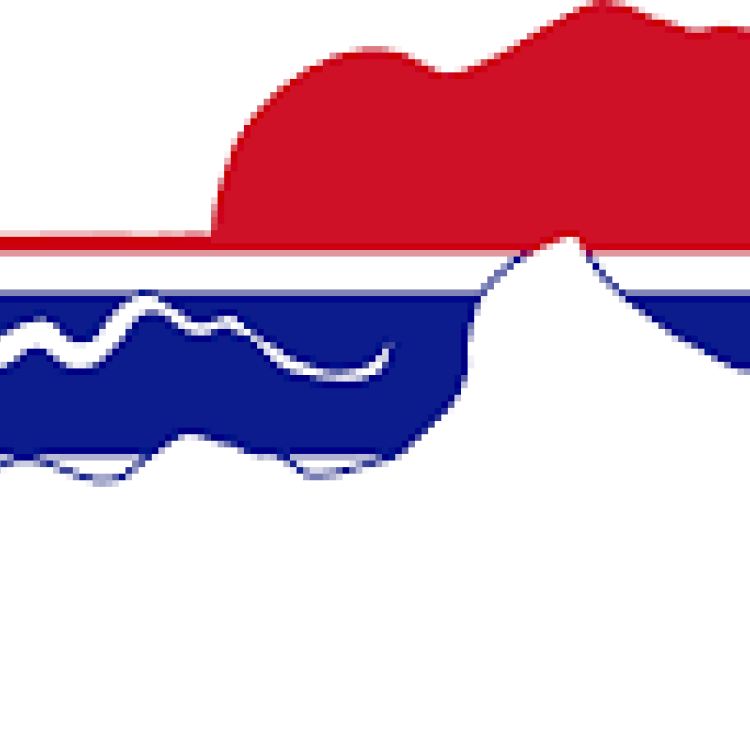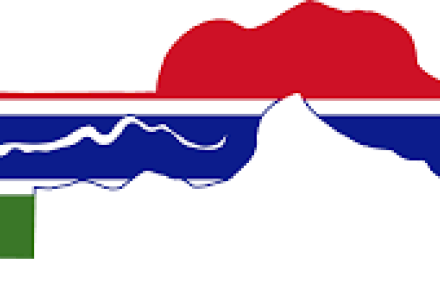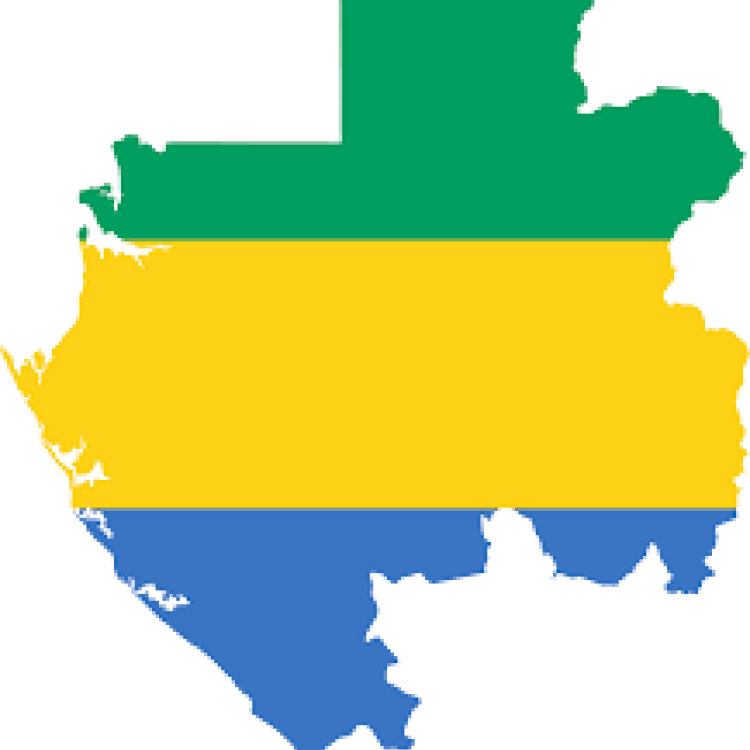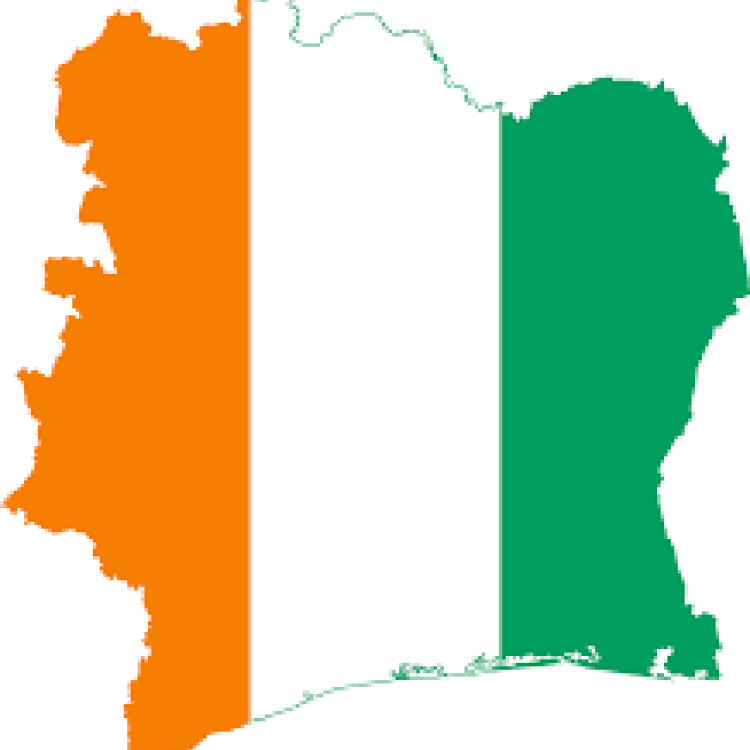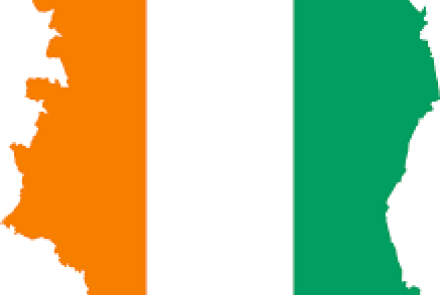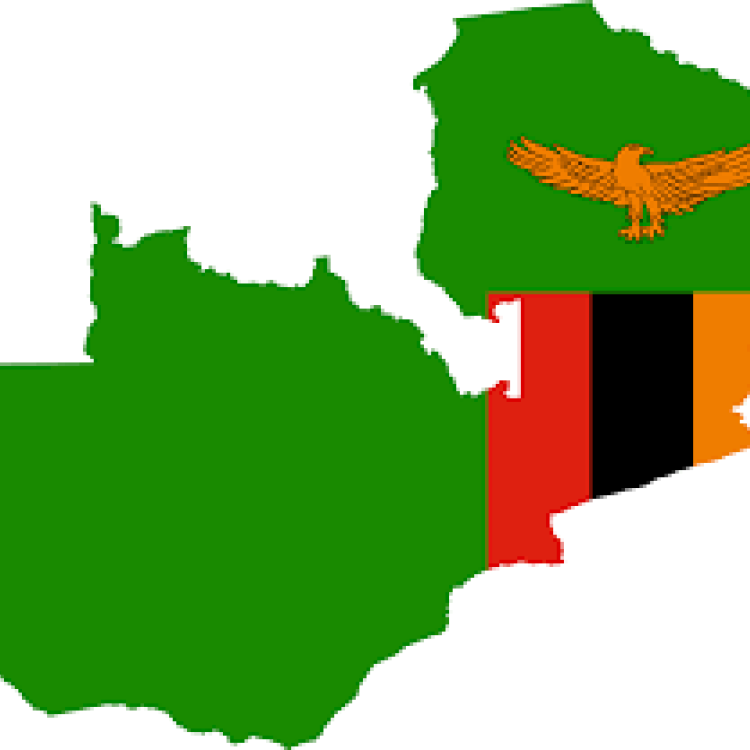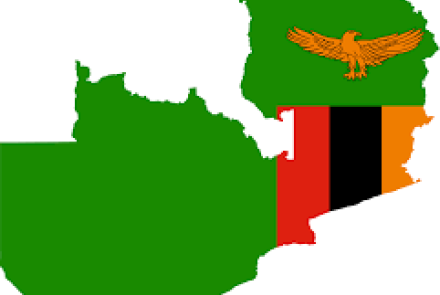Launch of the Pan African Association of Autonomous Sanitation Stakeholders in Cape Town
Africa: The Pan-African Association of Sanitation Actors is launched.
African operators of latrine and septic tank emptying have decided to join forces to better face the challenges of their sector. To this end, they have created the Pan-African Association of Autonomous Sanitation Operators (PAASO). This was on the morning of Sunday 17 February at the International Conference Centre in Cape Town, South Africa.
The African sanitation sector has just opened a new page in its history with the creation of the Pan African Association of Autonomous Sanitation Actors (PAASA).
Bringing together 18 countries of the continent, 11 of which are French-speaking and seven English-speaking, the members of this association want to mark a break with the past by working towards making autonomous sanitation a marketable and better organised sector. The launch of this platform was possible thanks to the support of the African Water Association, the Centre for Affordable Water and Sanitation Technology (CAWST) and the Bill & Melinda Gates Foundation (BMGF).
According to the president of this association, Mr. Ibra Sow, current president of the Association des Acteurs de l'Assainissement du Sénégal (AAAS), the main objective of the APAA is to strengthen the capacities of its members.
Sow also emphasised that through AAAS, they would like to promote the creation of associations of emptiers in countries where they do not exist, to strengthen the sharing of knowledge and experience between the different members and to support members in their search for funding.
This, according to him, will be done by setting up a common information system to replicate good practices in countries where the sanitation system is deficient.
This pan-African association should thus deploy a lot of energy to tackle a problem that affects many African countries. This is open defecation, a source of diseases that have become a public health problem.
In the same vein, Mrs. Diallo Sokona Badji Simaga, Executive Secretary General of the Association des vidangeurs du Mali, and also Treasurer General of APAA, pointed to the lack of sewage treatment plants, which leads to open-air dumping and its attendant diseases and epidemics, including diarrhoea, malaria and hepatitis...
Of the 17 countries that met in Cape Town for the launch of the Pan-African Association, only six have a decent sanitation system.
According to the President of the APAA, this shows that almost three quarters of the African continent is not sanitised.
The association will also have to tackle manual emptying which pollutes the water table and other water resources that people can use.
In the same vein, Mrs. Diallo Sokona Badji Simaga, Executive Secretary General of the Association of Emptying Agents of Mali, and also Treasurer General of APAA, believes that the relevance of a pan-African association of sanitation actors is explained by the many problems that people face in relation to poor hygiene and sanitation practices.
As an example, she cites the case of Mali, which does not have a treatment plant for faecal sludge, and the weak commitment of decision-makers in dealing with the problems related to the faecal sludge activity.
Integral management of the sanitation value chain.
Emptying companies no longer want to be content with just cleaning septic tanks or with mechanical emptying.
To enable them to benefit from their sector, they invite the States to give more consideration to autonomous sanitation in their policies.
According to the president of APAA, governments must put in place levers to allow the emptiers to access markets that are often entrusted to people or companies that are not from the sector and that make billions of dollars in turnover per year when professionals do not even manage to make 100 million.
They demand their presence in every link of the chain. Senegal has managed to solve this problem by delegating sludge treatment plants to the private sector. The pan-African association will thus work to duplicate this same model in other African countries.
Sow believes that it is necessary to strengthen the emptiers by granting them "invaluable" markets given the high demand for sanitation infrastructure in African countries.
In the same vein, Ms. Diallo believes that the formal associations that will be set up in each country must become powerful commercial entities, even capable of bidding on major state projects.
This, according to this general manager of a sewage disposal company, which manages the wastewater of the United Nations Multidimensional Integrated Mission for the Stabilisation of Mali (Minusma), will enable the sewage collectors to manage the future stations that will be installed in each country.
For her, the authorities must extirpate the emptying of septic tanks, the cleaning of gutters, and the watering of public works offers.
According to her, her request is all the more logical since the public works companies that win sanitation contracts subcontract with emptying companies that have hydro-cleaner vehicles.
According to Mrs. Diallo, the actors of the sanitation sector, for their part, must understand that they have to formalise themselves by having approvals that will allow them to work with the States.
The workshop was a good advocacy tool to engage not only the emptiers but also the national offices, technical and financial partners, the media and civil society organisations.
Translated with www.DeepL.com/Translator (free version)
